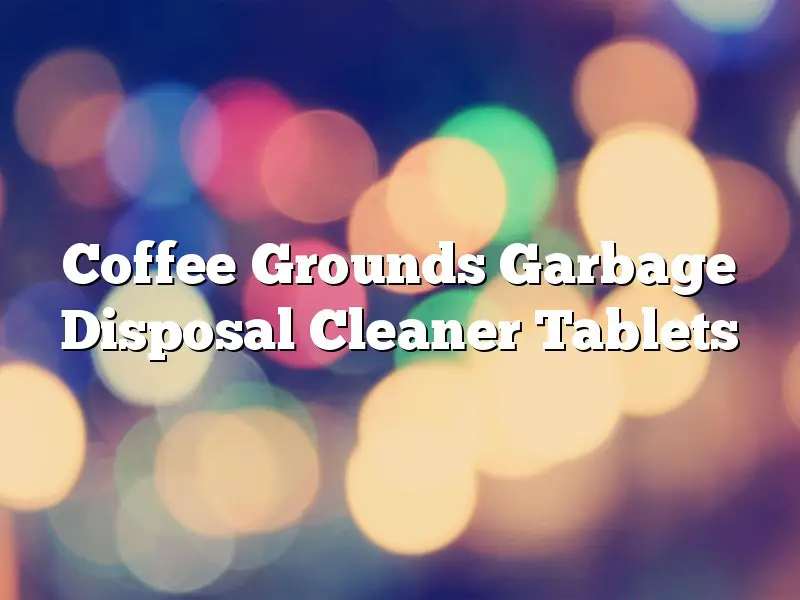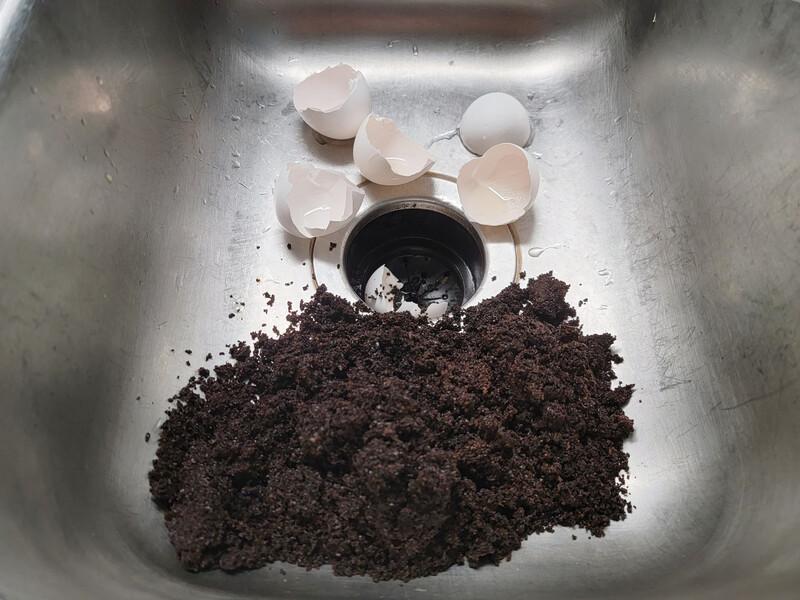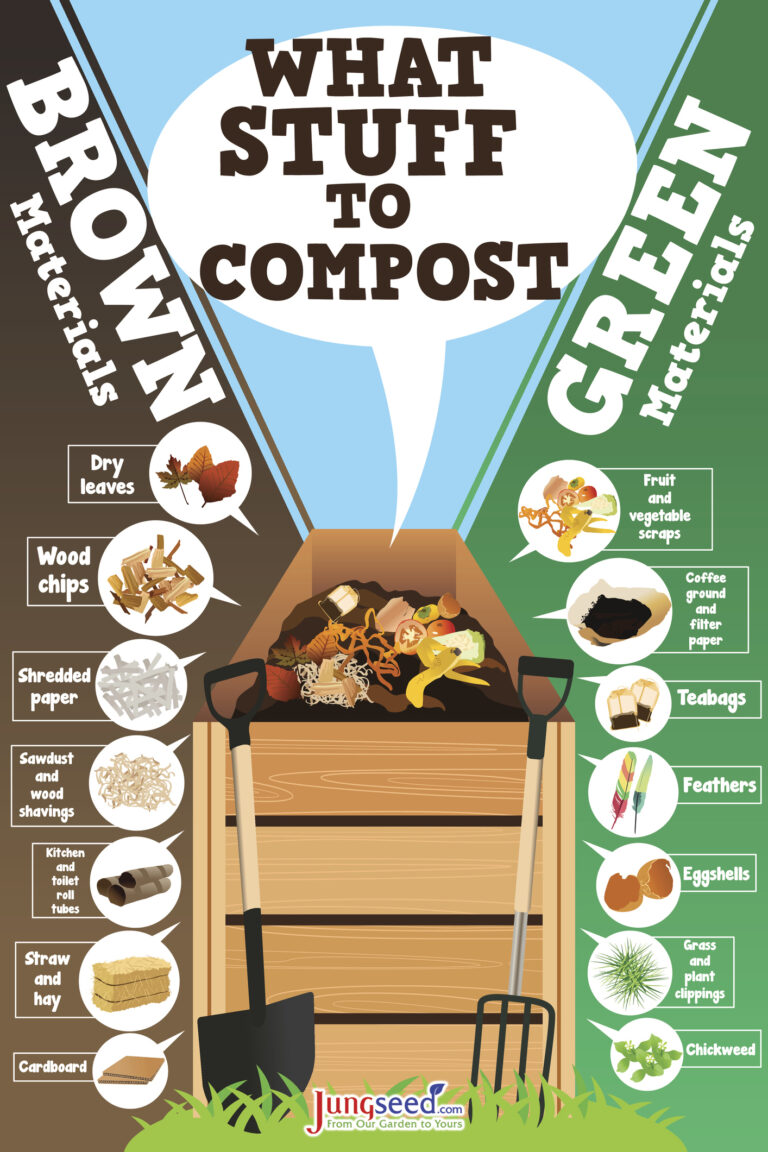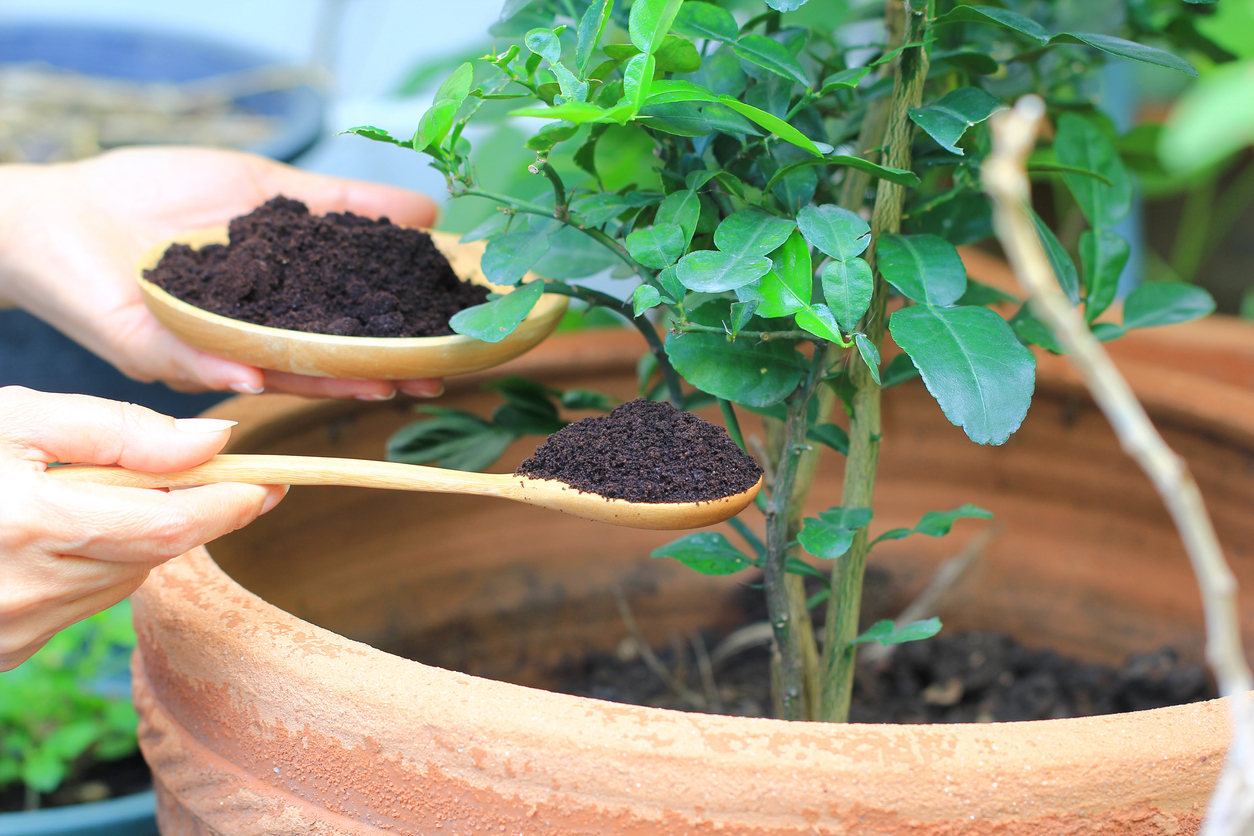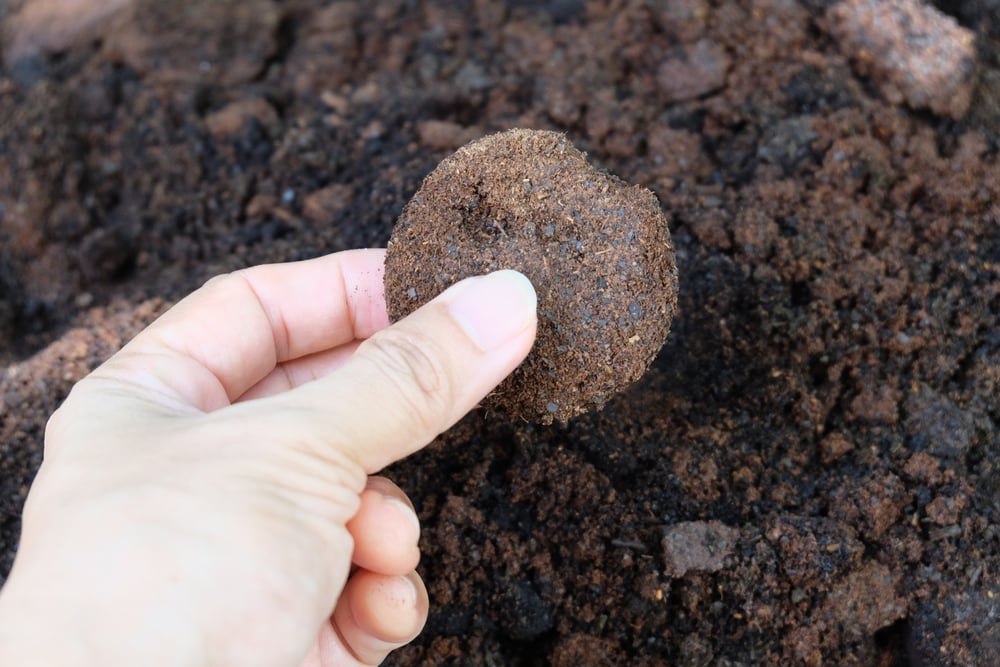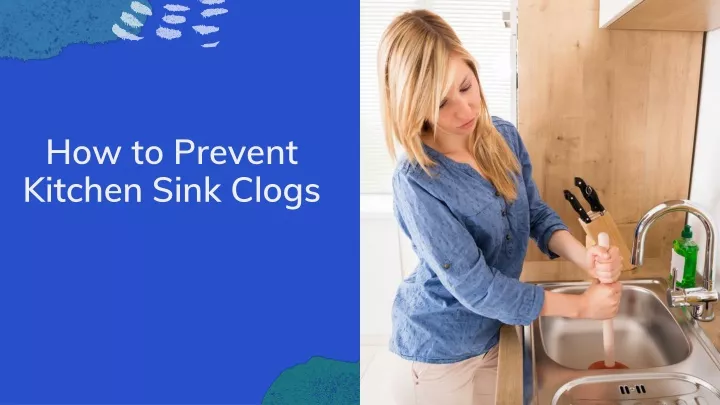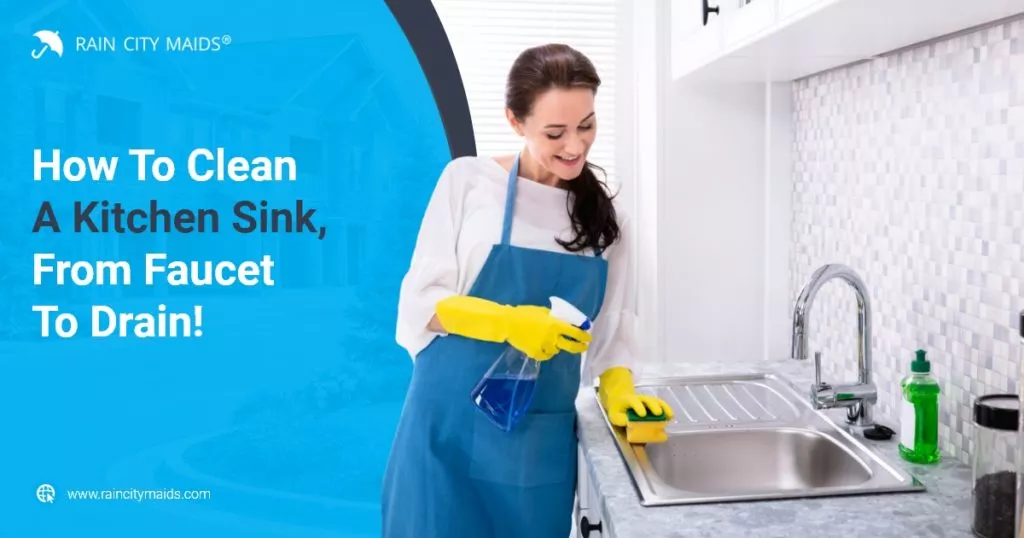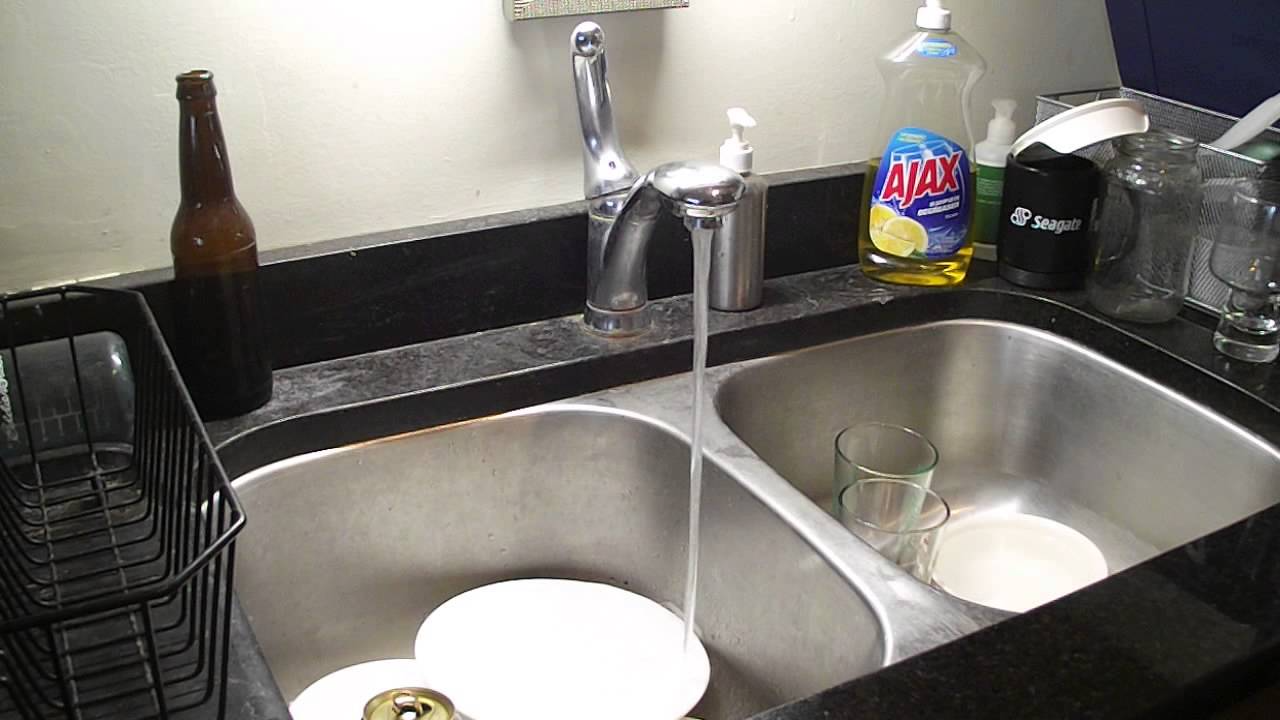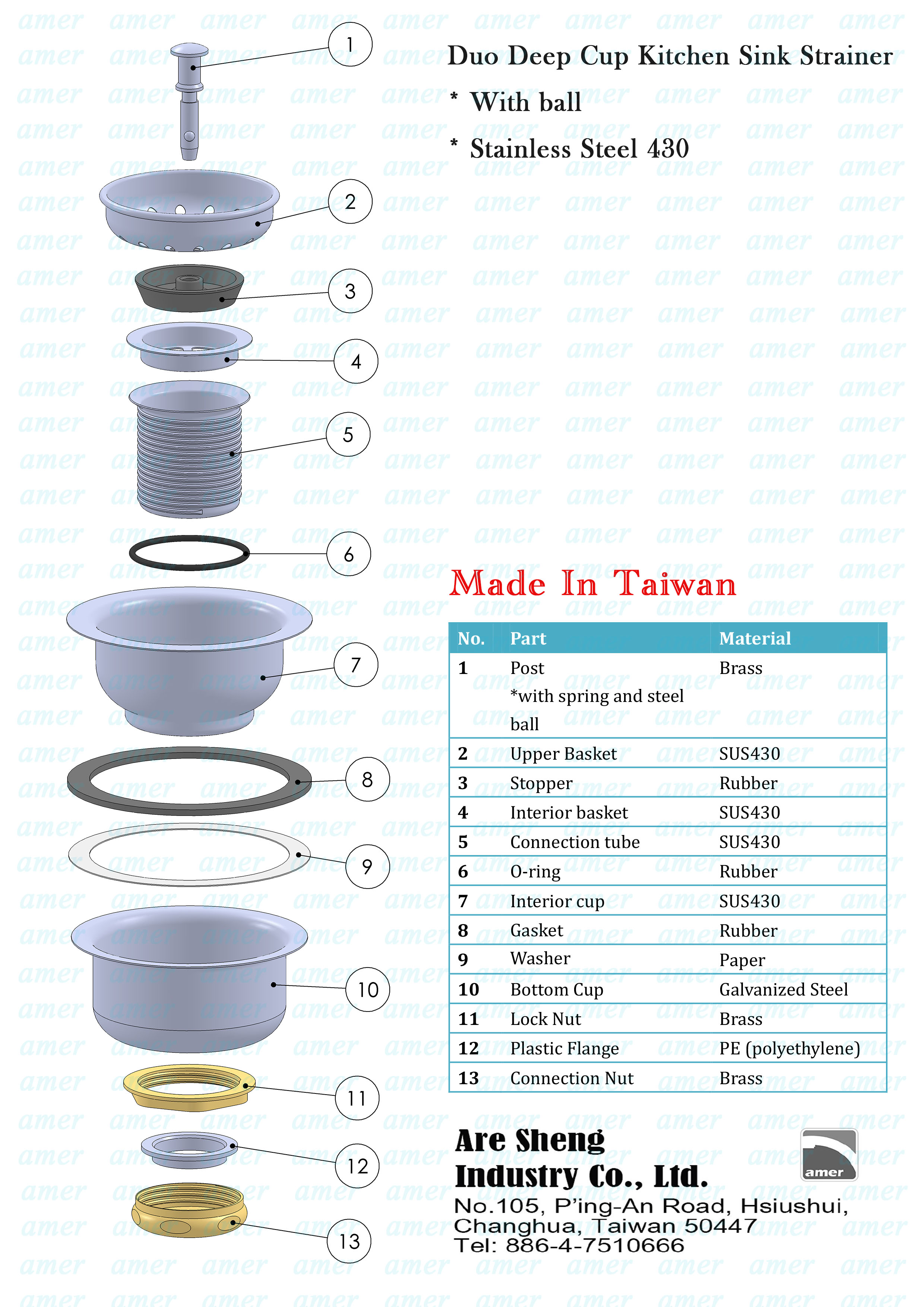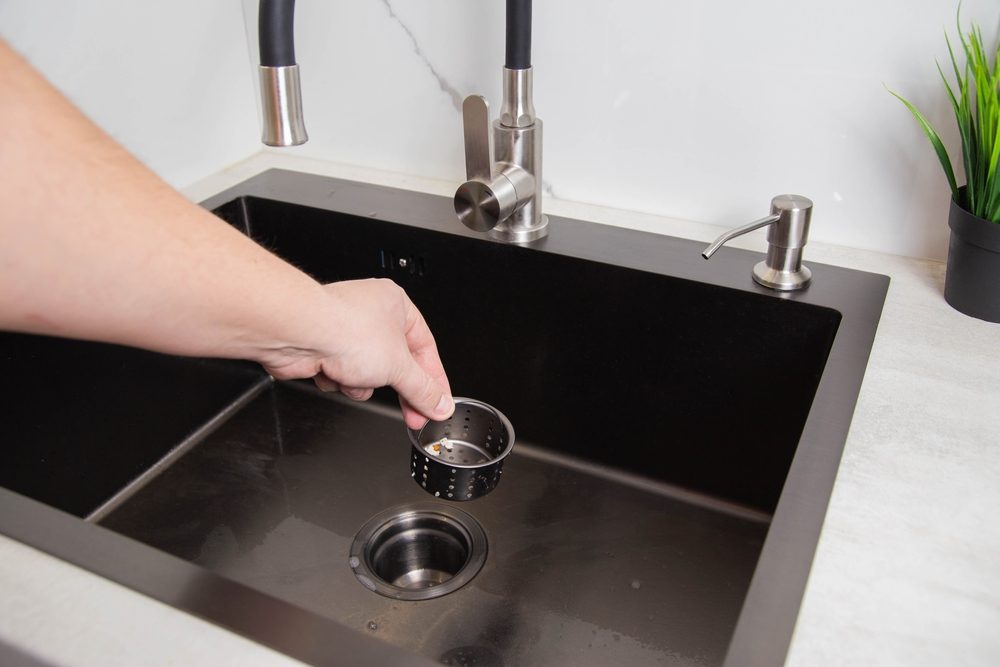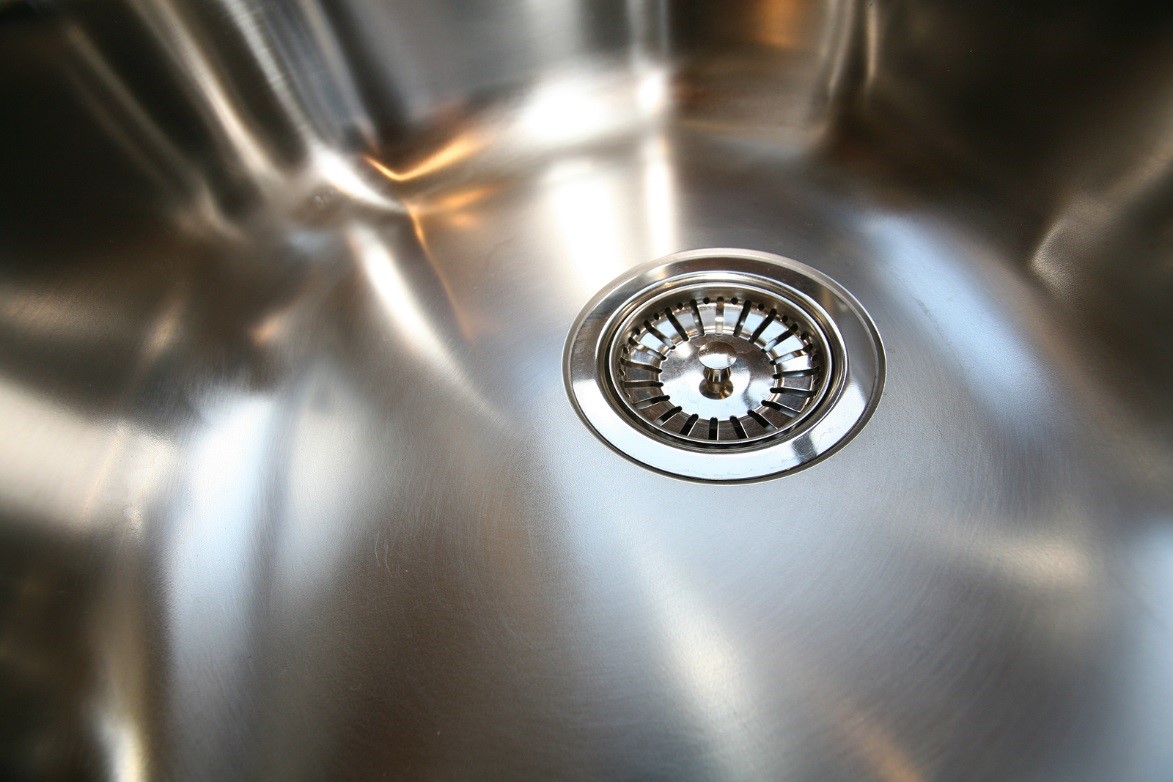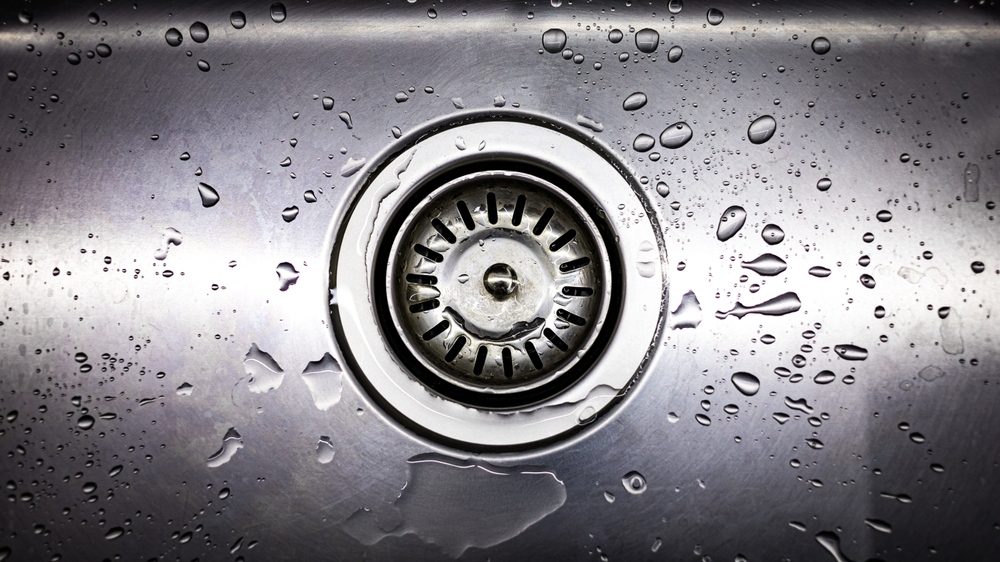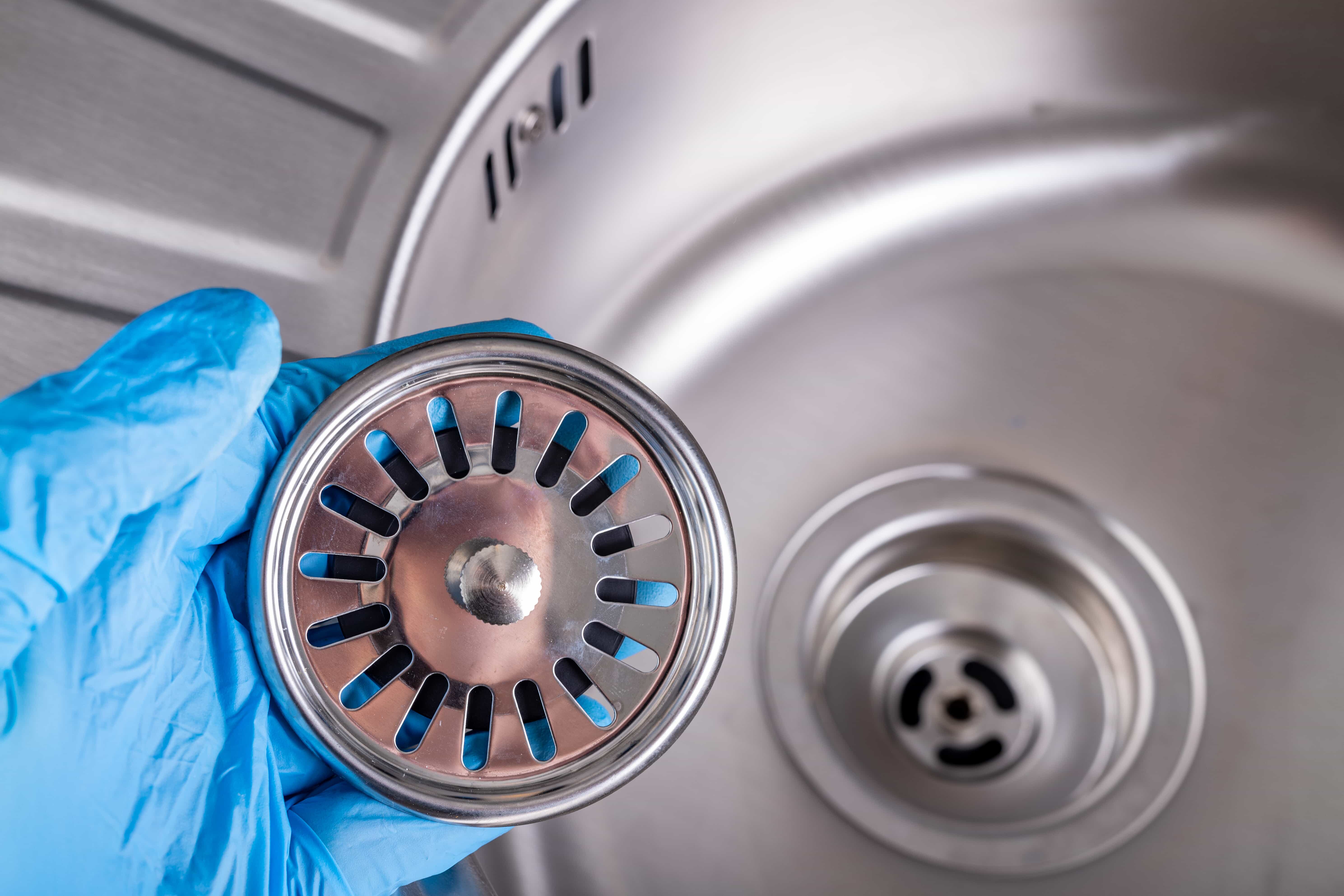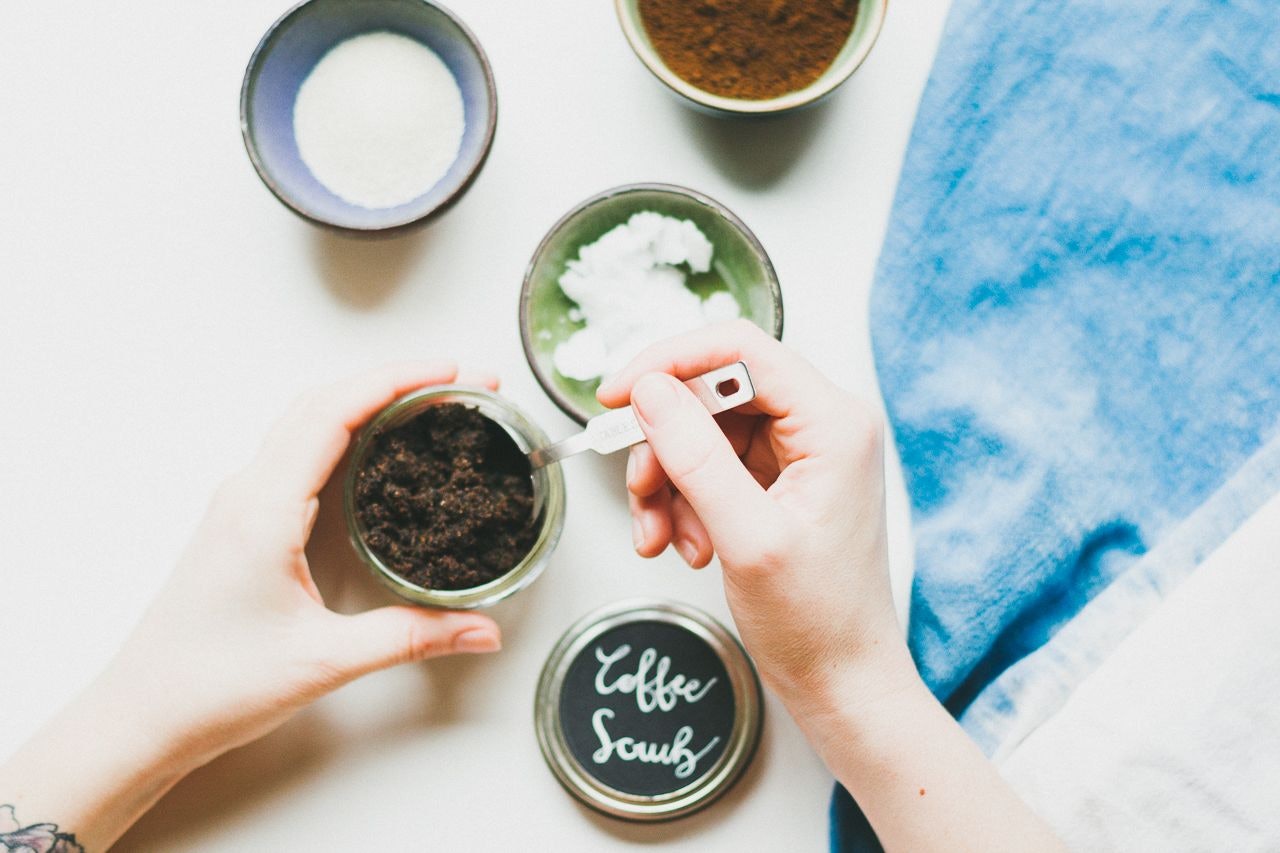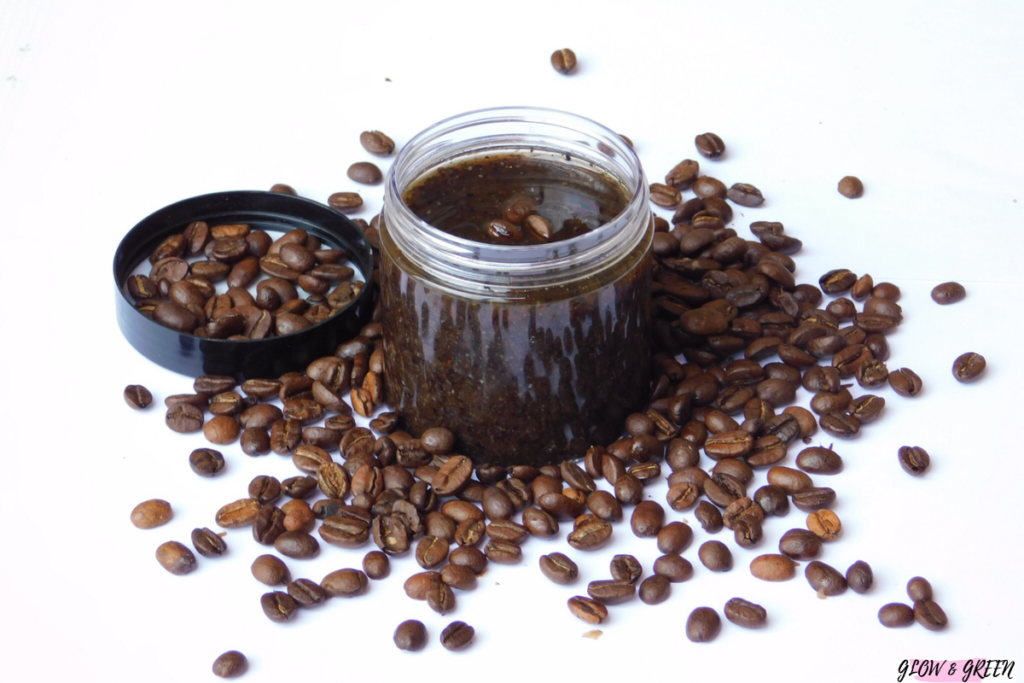Many coffee drinkers are guilty of tossing their used coffee grounds down the kitchen sink without a second thought. After all, it's convenient and seems harmless enough. However, this seemingly innocent act can actually cause serious damage to your plumbing and the environment. In this section, we'll explore the proper ways to dispose of coffee grounds and why it's important to do so.1. How to Properly Dispose of Coffee Grounds
When coffee grounds are flushed down the sink, they often clump together and form a thick, sticky paste. This paste can clog your pipes and cause backups, leading to costly repairs. Additionally, coffee grounds do not break down easily and can build up in your plumbing over time, causing even more blockages. This not only affects your own home, but it can also impact the entire sewage system, creating clogs and backups for your neighbors as well.2. The Dangers of Putting Coffee Grounds Down the Sink
Instead of dumping your coffee grounds down the sink, there are plenty of alternative uses for them. For example, you can use them as a natural fertilizer for your plants, as they are rich in nutrients like nitrogen and potassium. You can also use them to repel pests in your garden or as a natural deodorizer for your fridge or garbage disposal. Get creative and find new ways to repurpose your coffee grounds instead of just throwing them away.3. Alternative Uses for Coffee Grounds
If you do find yourself with a clogged sink due to coffee grounds, there are ways to unclog it without calling a plumber. One method is to pour boiling water down the sink, followed by a cup of baking soda and a cup of vinegar. Let it sit for a few minutes, then pour another pot of boiling water down the drain. The combination of the baking soda and vinegar can help break down and dissolve the coffee grounds. You can also try using a plunger to dislodge the clog.4. How to Unclog a Kitchen Sink with Coffee Grounds
Aside from the damage coffee grounds can cause to your plumbing, they also have a negative impact on the environment when flushed down the sink. The chemicals and oils in the grounds can contaminate water sources and harm aquatic life. Additionally, the plastic coffee pods used in single-serve coffee makers are not biodegradable and contribute to the growing problem of plastic pollution in our oceans.5. The Environmental Impact of Flushing Coffee Grounds
If you have a garbage disposal, it's important to regularly clean and maintain it to prevent clogs and unpleasant odors. Instead of using harsh chemical cleaners, you can make your own natural cleaner using coffee grounds. Simply mix a cup of grounds with a cup of hot water and pour it down the disposal while running it. The abrasiveness of the grounds helps to scrub away any buildup and the natural oils help to deodorize.6. DIY Garbage Disposal Cleaner with Coffee Grounds
Yes, coffee grounds are great for composting as they add valuable nutrients to the soil. However, it's important to mix them with other compostable materials to prevent them from clumping together and creating a slimy mess. They also help to balance the pH level of the compost, making it more conducive for plants to grow. Just be sure to avoid using coffee grounds from flavored or sweetened coffee, as these additives can be harmful to plants.7. Can You Compost Coffee Grounds?
The best way to deal with clogs in your kitchen sink is to prevent them from happening in the first place. This means properly disposing of coffee grounds, as well as other food scraps and grease. You can also regularly use a drain screen or sink strainer to catch any small particles that may slip down the drain. Additionally, avoid pouring hot grease or oil down the sink, as it can solidify and create blockages.8. How to Prevent Clogs in Your Kitchen Sink
A sink strainer is a simple yet effective tool for preventing clogs in your kitchen sink. It catches food scraps and other debris before they can make their way down the drain. This not only helps to prevent clogs, but it also makes cleaning your sink and garbage disposal much easier. Plus, sink strainers are inexpensive and easy to find at most home goods stores.9. The Benefits of Using a Sink Strainer
Not only can coffee grounds be used for gardening and cleaning, but they can also be used as a natural exfoliant for your skin. Simply mix equal parts coffee grounds and coconut oil to create a scrub that will leave your skin feeling soft and smooth. You can also add in a few drops of your favorite essential oils for a relaxing and aromatic experience. This DIY scrub is not only environmentally friendly, but it's also much more affordable than store-bought scrubs.10. How to Make Your Own Coffee Ground Scrub for Cleaning
The Dangers of Pouring Coffee Grounds Down Your Kitchen Sink

The Impact on Your Plumbing System
/how-to-flush-a-drain-1900633-Hero-0c47a3868ee74552b0a866c0b7f30744.jpg) Many people enjoy a hot cup of coffee in the morning, but what do you do with the leftover coffee grounds? Some may think it's convenient to simply pour them down the kitchen sink, but this seemingly harmless action can actually cause major damage to your plumbing system.
Coffee grounds can easily accumulate and clog your pipes, leading to costly repairs and inconvenience.
Let's take a closer look at the dangers of pouring coffee grounds down your kitchen sink.
Many people enjoy a hot cup of coffee in the morning, but what do you do with the leftover coffee grounds? Some may think it's convenient to simply pour them down the kitchen sink, but this seemingly harmless action can actually cause major damage to your plumbing system.
Coffee grounds can easily accumulate and clog your pipes, leading to costly repairs and inconvenience.
Let's take a closer look at the dangers of pouring coffee grounds down your kitchen sink.
The Build-Up of Coffee Grounds
 Coffee grounds may seem small and harmless, but when they are constantly poured down the sink, they can quickly build up and create a dense blockage in your pipes. The grounds do not dissolve in water and can easily get stuck on the walls of your pipes,
creating a thick, sticky layer that traps other debris and causes a clog.
This can lead to slow draining or completely blocked drains, causing water to back up and potentially spill into your kitchen.
Coffee grounds may seem small and harmless, but when they are constantly poured down the sink, they can quickly build up and create a dense blockage in your pipes. The grounds do not dissolve in water and can easily get stuck on the walls of your pipes,
creating a thick, sticky layer that traps other debris and causes a clog.
This can lead to slow draining or completely blocked drains, causing water to back up and potentially spill into your kitchen.
The Effects on Your Plumbing System
 Not only can coffee grounds cause clogs in your pipes, but they can also damage your garbage disposal. The sharp edges of the grounds can dull the blades and
create a paste-like substance that clogs the disposal and prevents it from functioning properly.
This can result in a broken disposal and the need for costly repairs or replacement.
Not only can coffee grounds cause clogs in your pipes, but they can also damage your garbage disposal. The sharp edges of the grounds can dull the blades and
create a paste-like substance that clogs the disposal and prevents it from functioning properly.
This can result in a broken disposal and the need for costly repairs or replacement.
Alternatives for Disposing of Coffee Grounds
 Instead of pouring coffee grounds down the sink, there are more eco-friendly and sustainable ways to dispose of them. One option is to
compost
the grounds, which not only benefits your garden but also helps reduce waste in landfills. You can also
throw the grounds in the trash
or sprinkle them in your garden as a natural fertilizer.
Instead of pouring coffee grounds down the sink, there are more eco-friendly and sustainable ways to dispose of them. One option is to
compost
the grounds, which not only benefits your garden but also helps reduce waste in landfills. You can also
throw the grounds in the trash
or sprinkle them in your garden as a natural fertilizer.
Preventing Future Damage
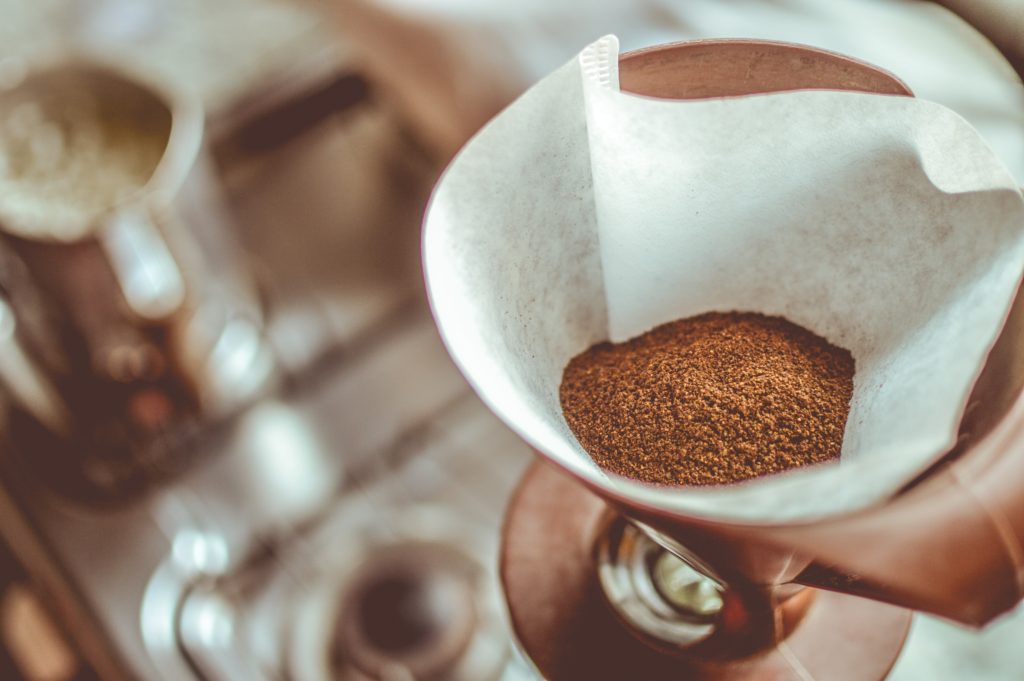 To avoid any potential damage to your plumbing system, it's important to properly dispose of your coffee grounds.
Never pour them down the sink or flush them down the toilet.
You can also install a
mesh filter
over your kitchen sink drain to catch any small particles and prevent them from entering your pipes.
In conclusion, while it may seem convenient to pour your coffee grounds down the kitchen sink, it can have detrimental effects on your plumbing system.
Properly disposing of coffee grounds not only prevents clogs and damage to your pipes, but also helps protect the environment.
Remember to always think twice before pouring anything down your kitchen sink and opt for more sustainable methods of disposal.
To avoid any potential damage to your plumbing system, it's important to properly dispose of your coffee grounds.
Never pour them down the sink or flush them down the toilet.
You can also install a
mesh filter
over your kitchen sink drain to catch any small particles and prevent them from entering your pipes.
In conclusion, while it may seem convenient to pour your coffee grounds down the kitchen sink, it can have detrimental effects on your plumbing system.
Properly disposing of coffee grounds not only prevents clogs and damage to your pipes, but also helps protect the environment.
Remember to always think twice before pouring anything down your kitchen sink and opt for more sustainable methods of disposal.
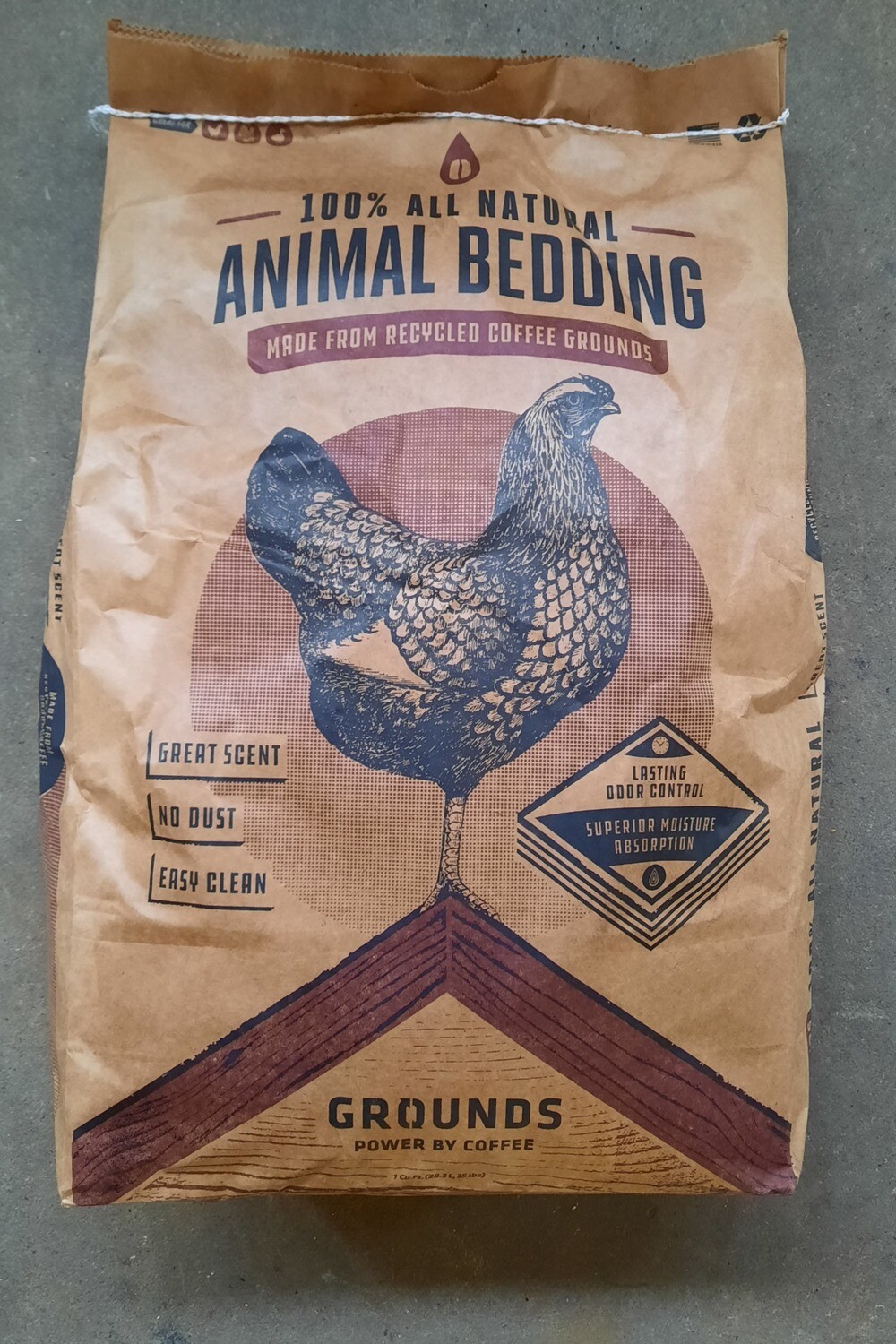


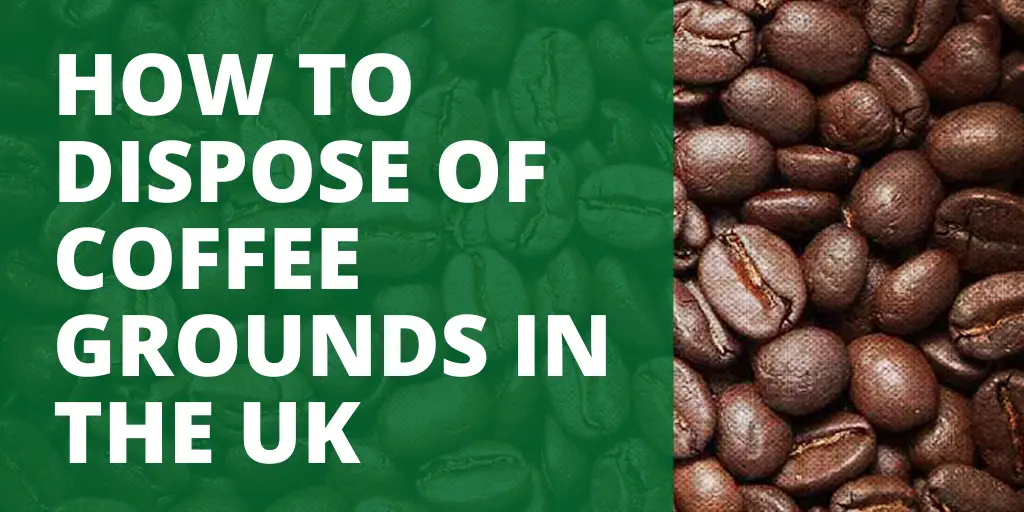

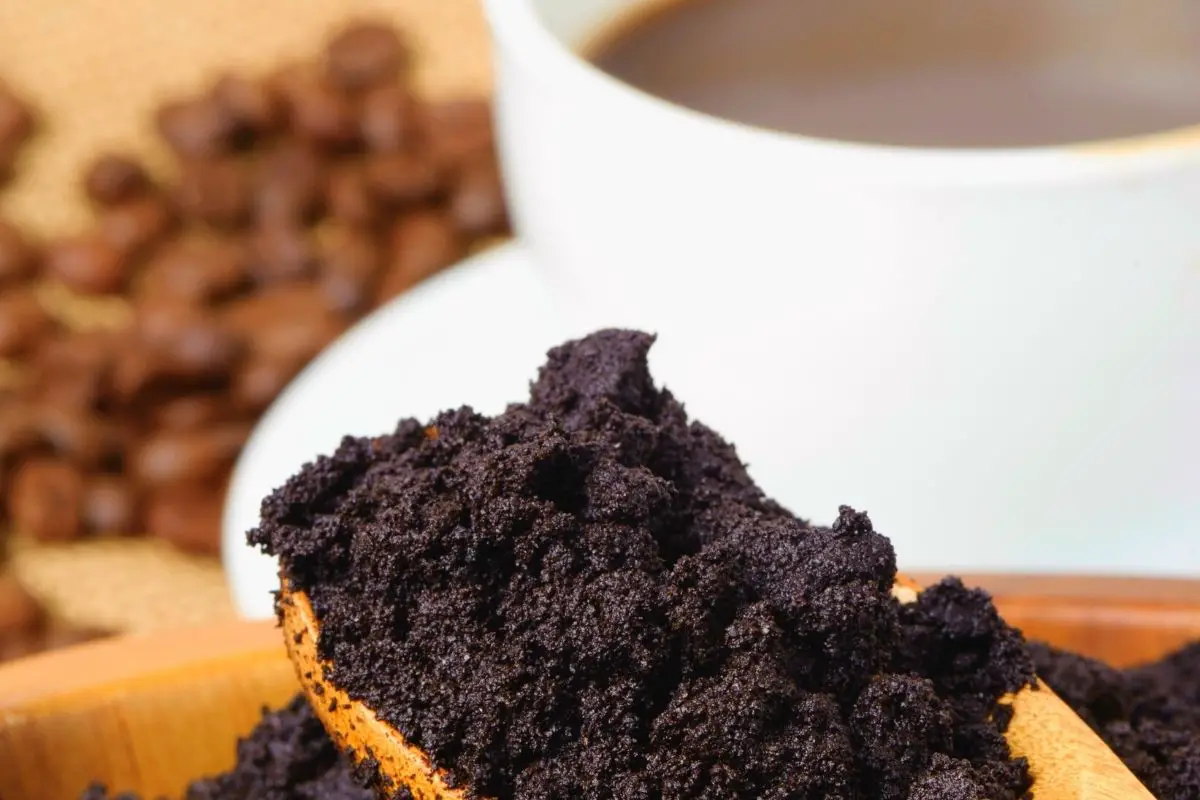
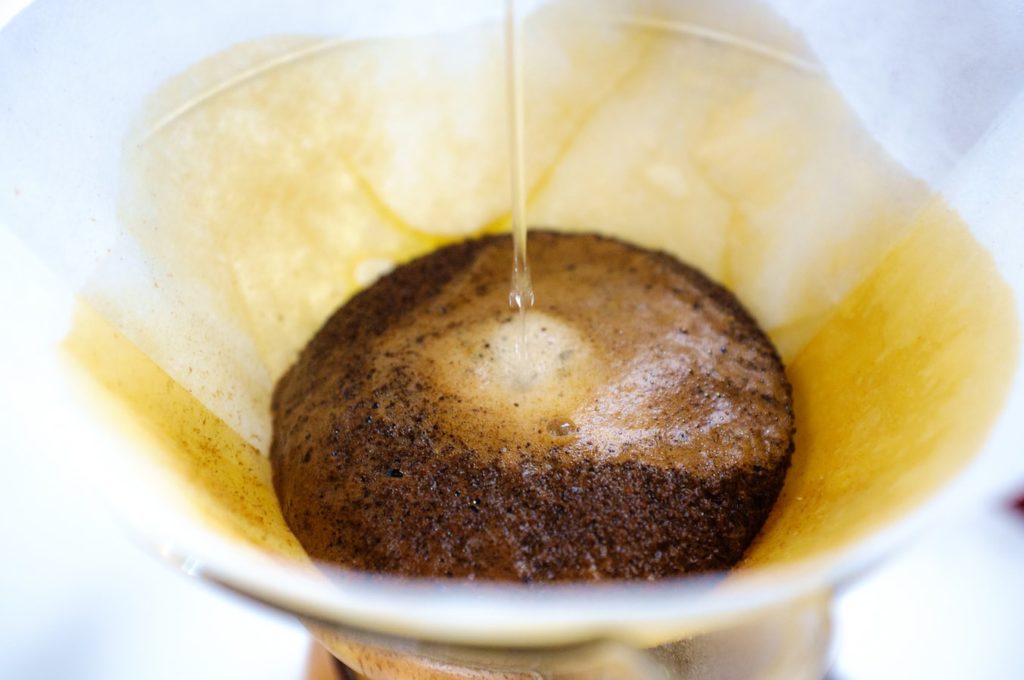
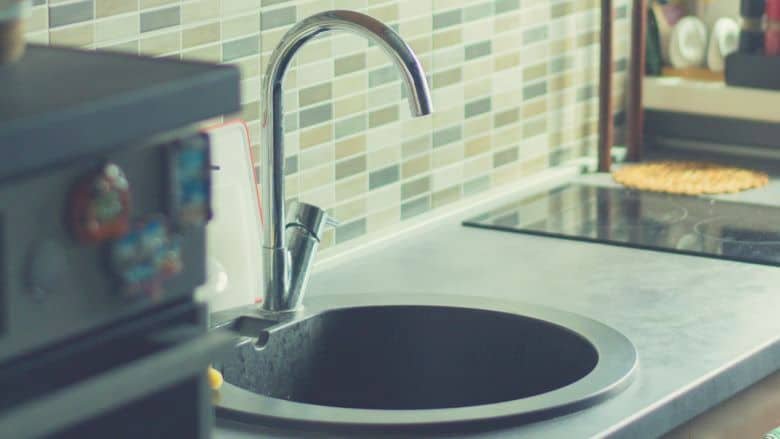
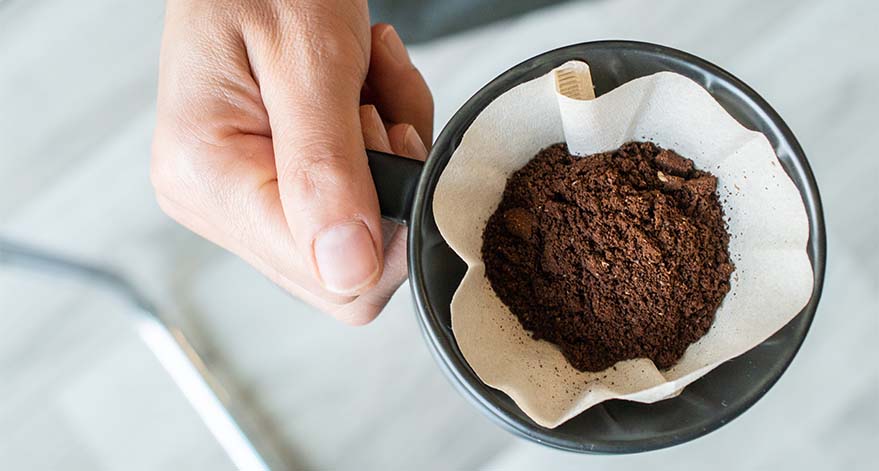

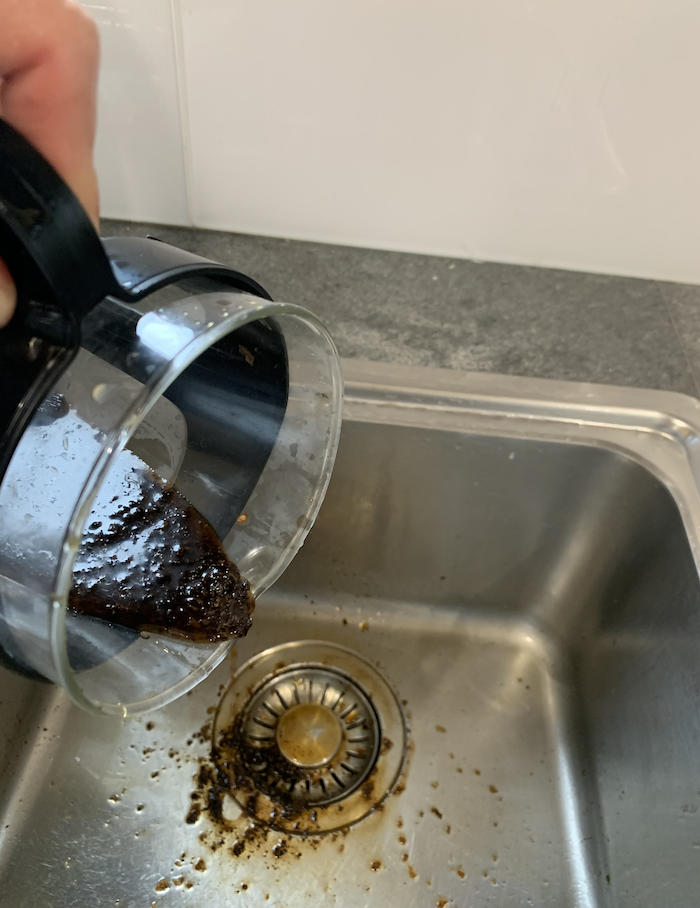



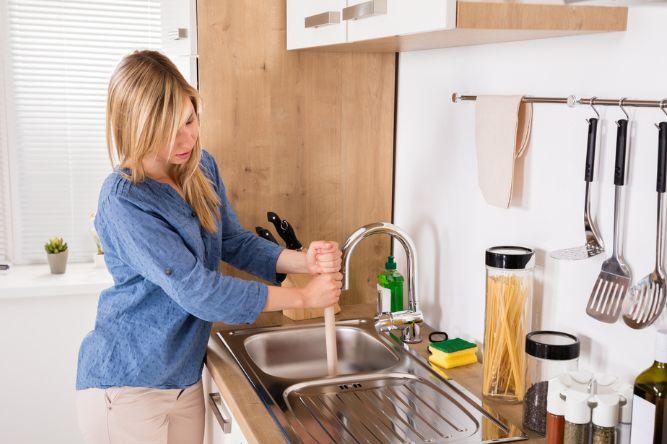


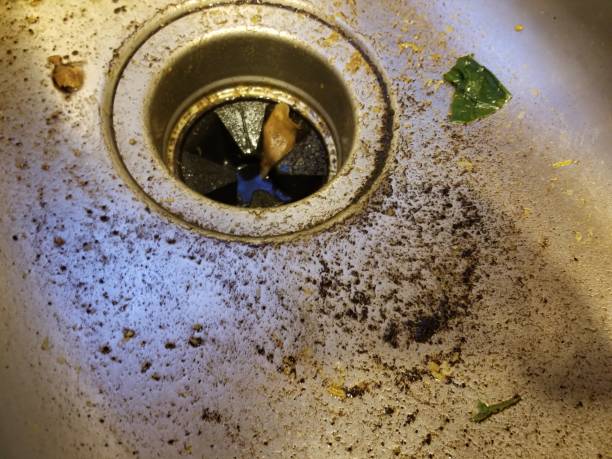
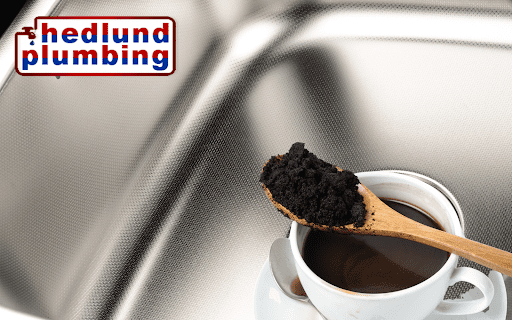

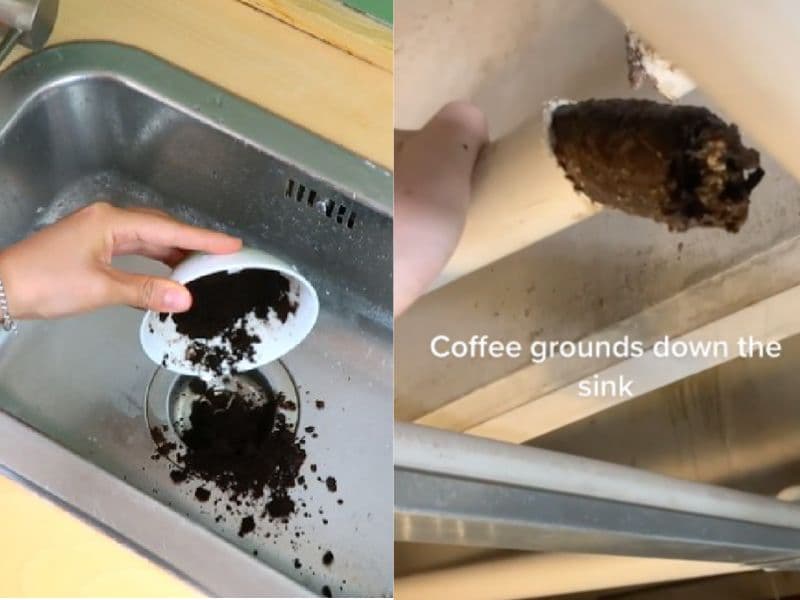


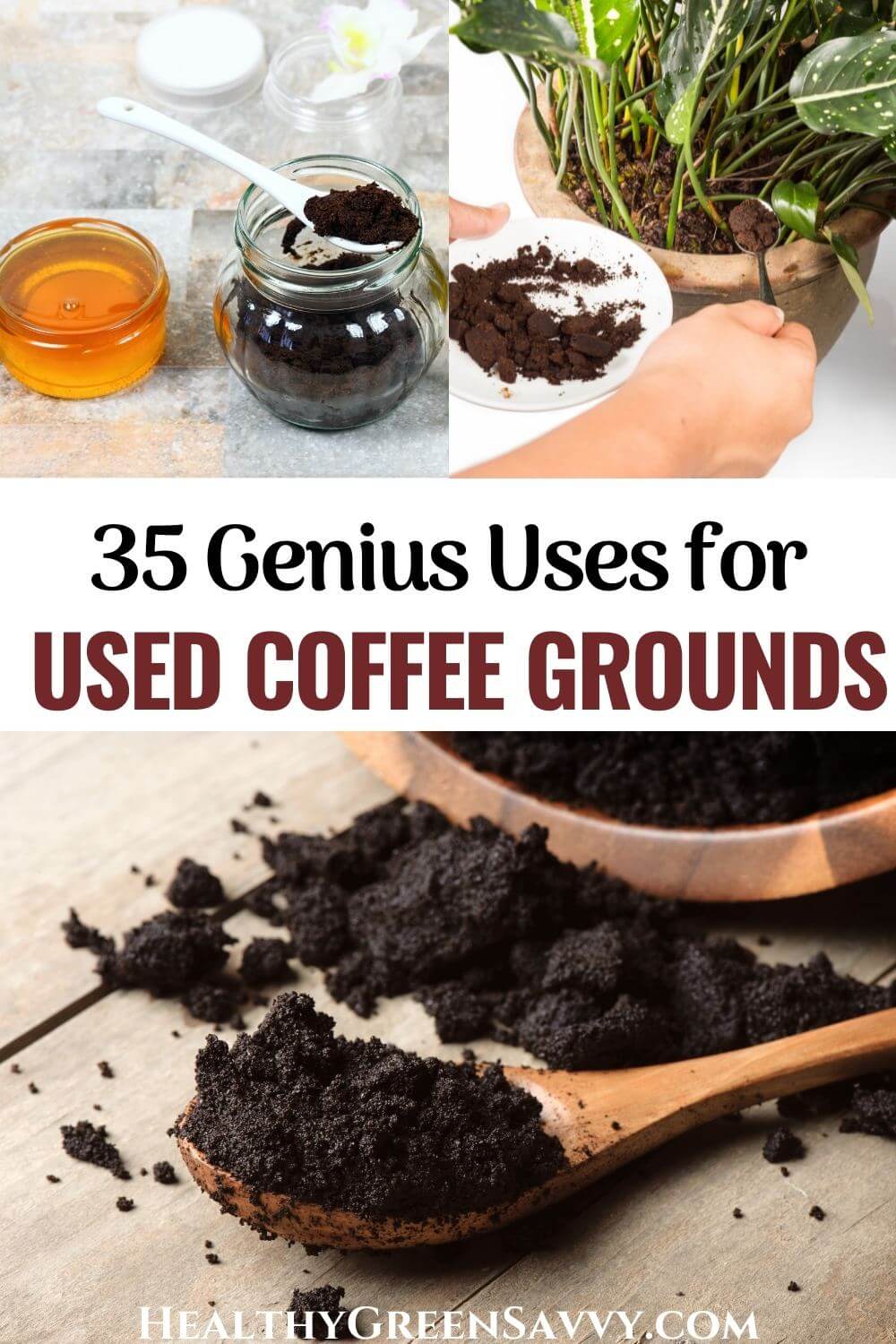
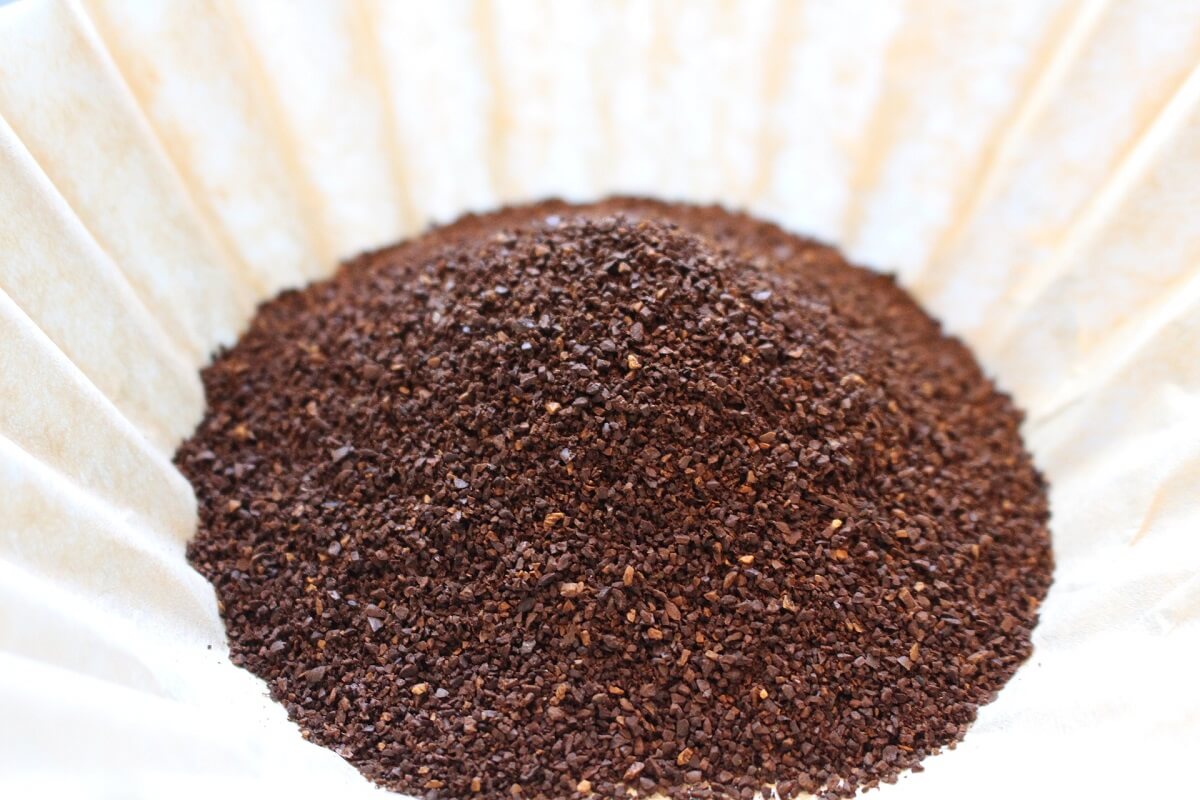
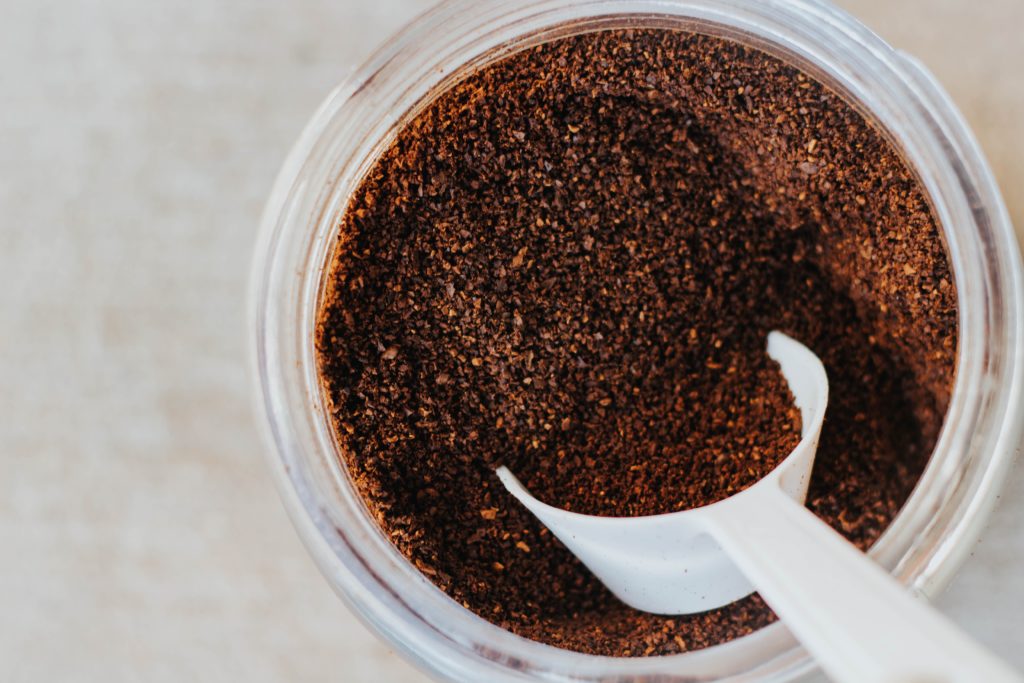
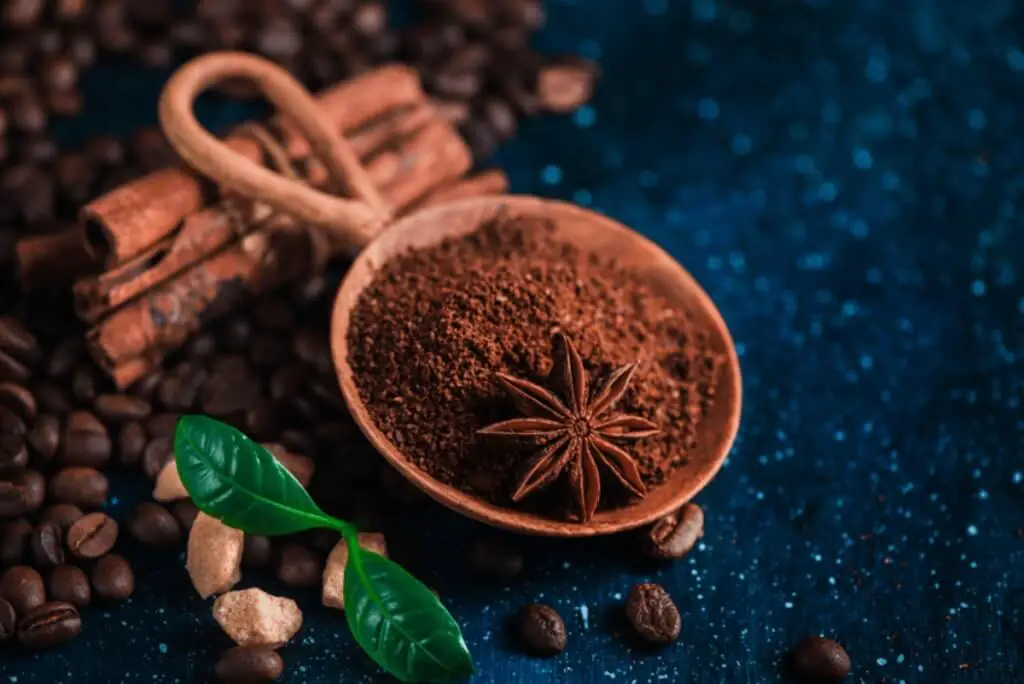
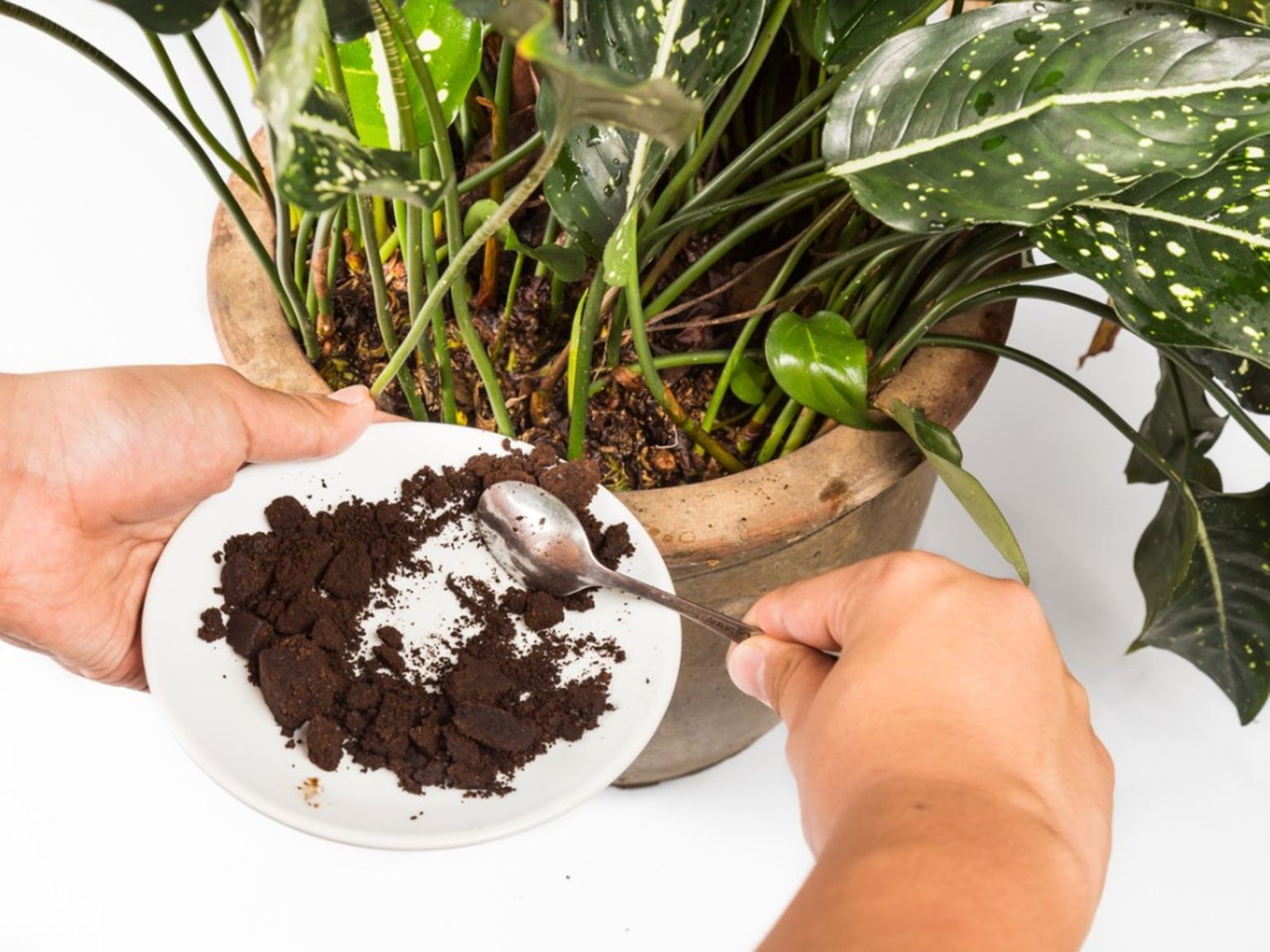



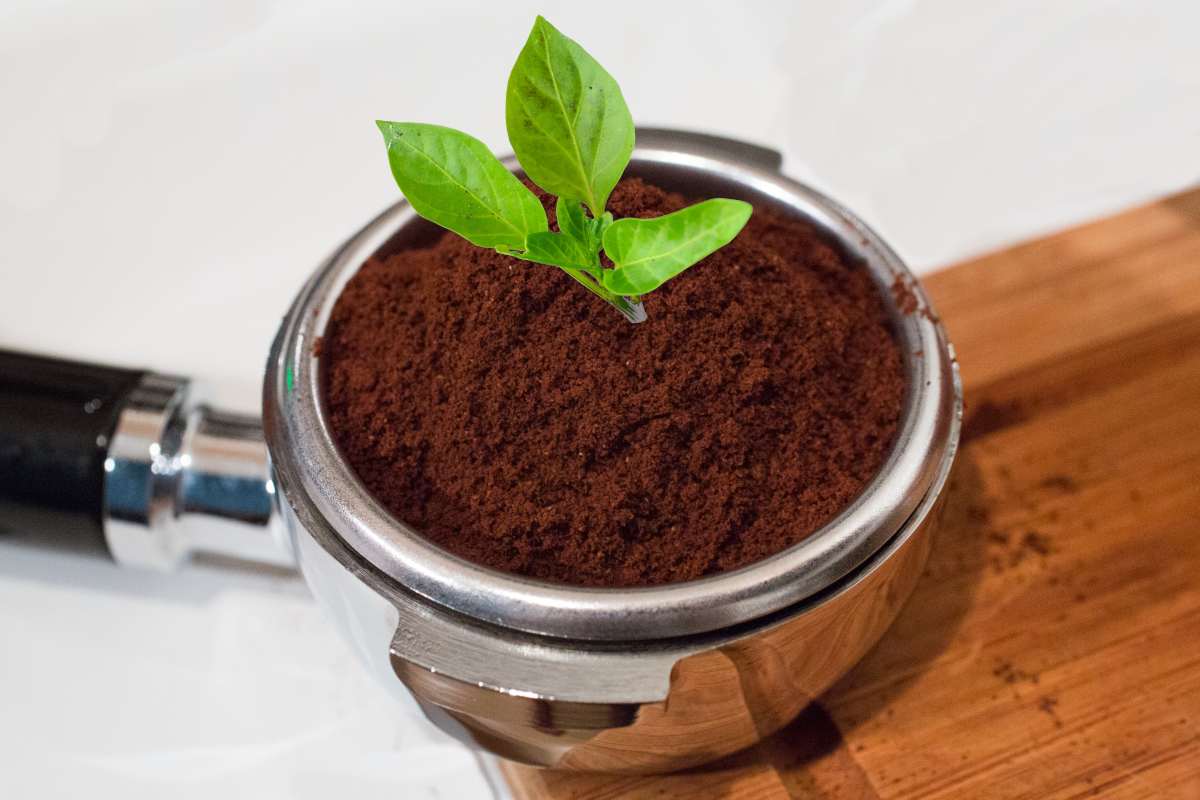




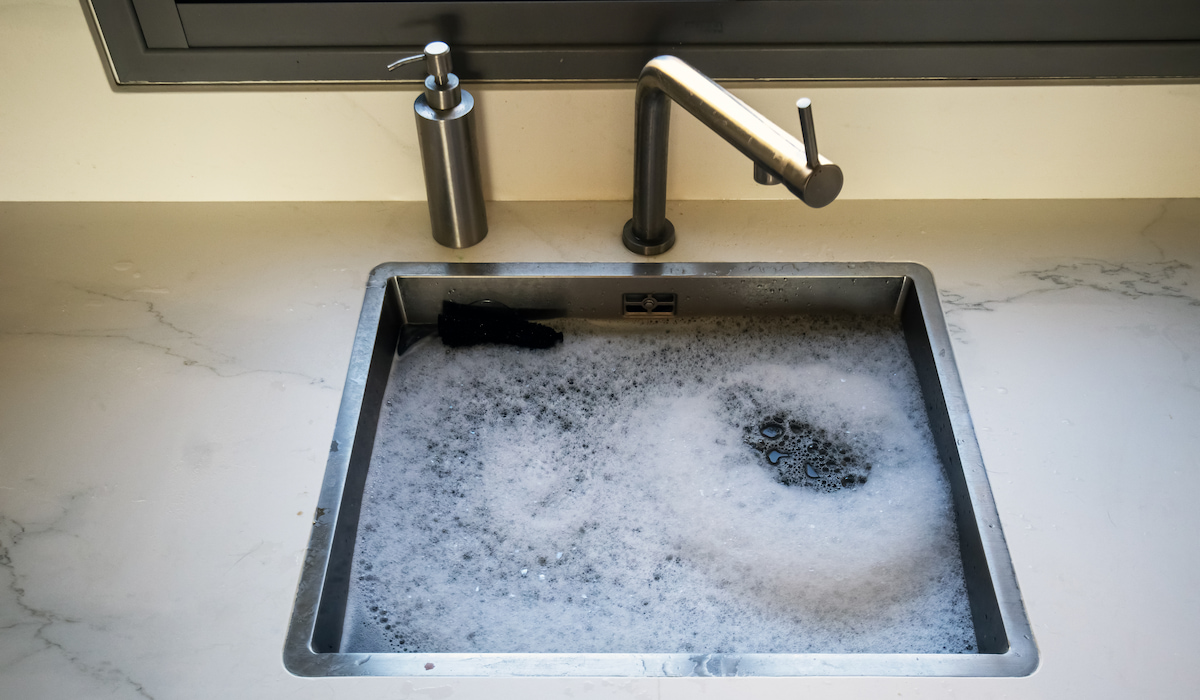


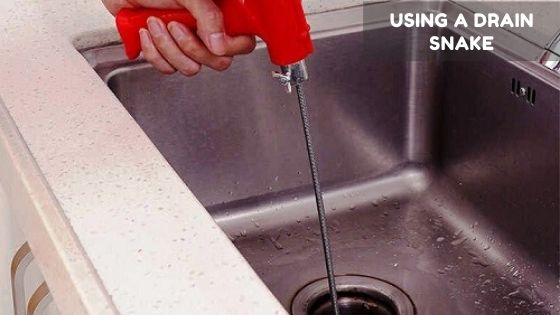

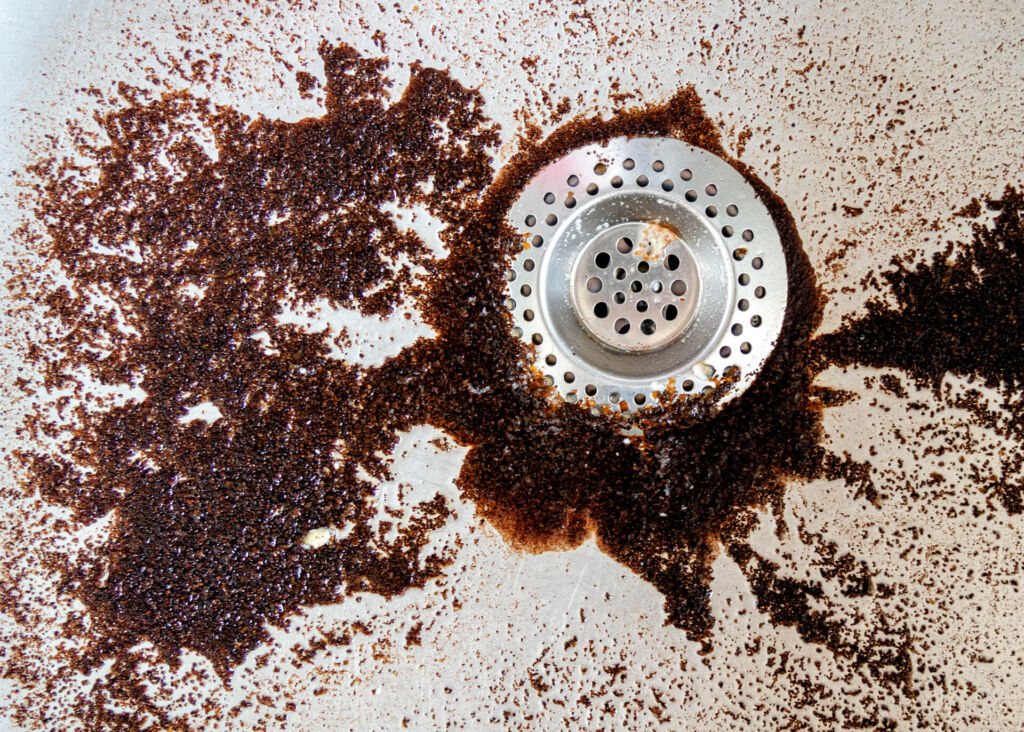

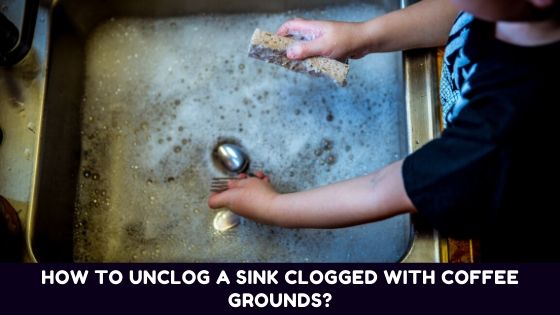
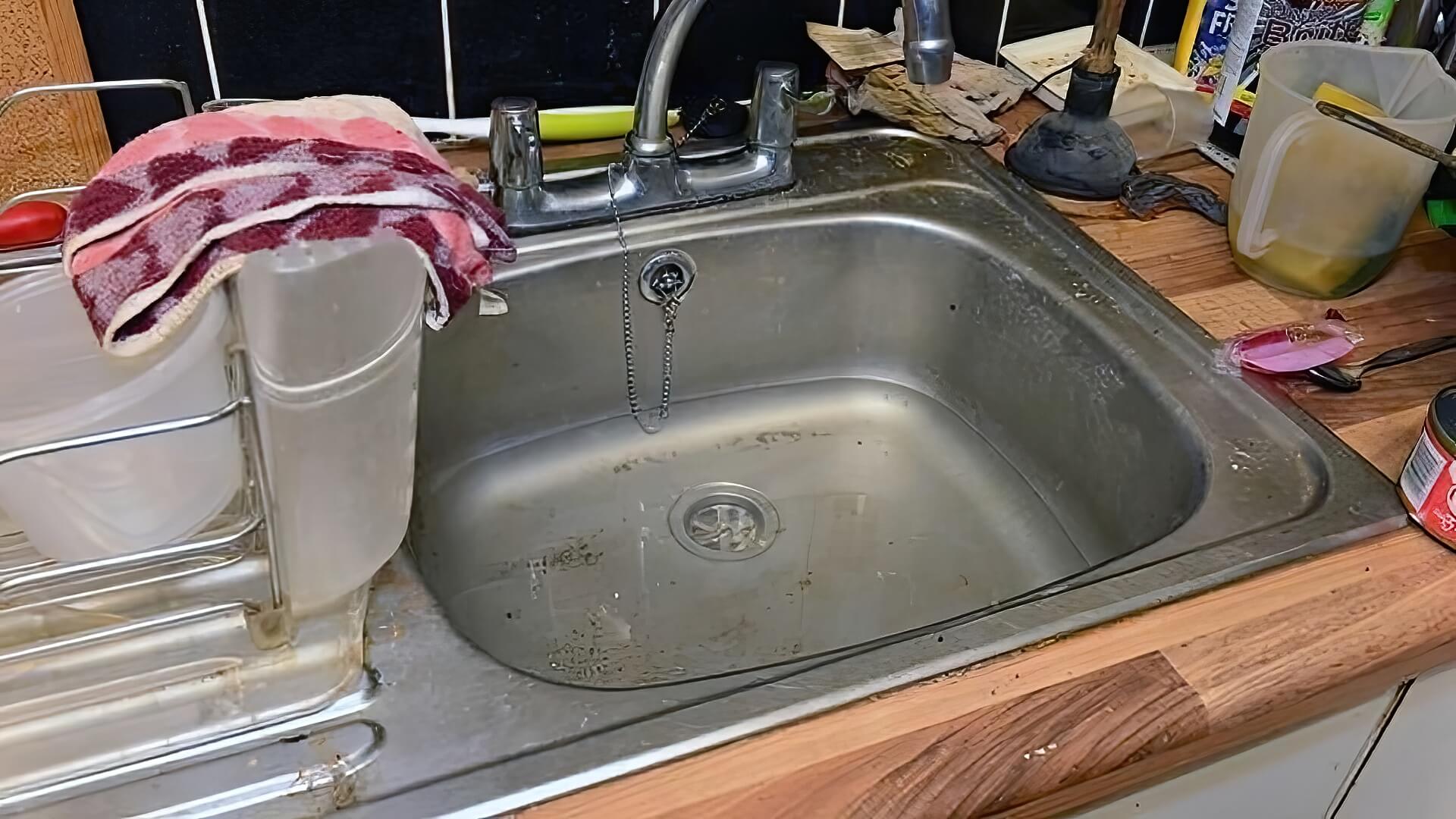






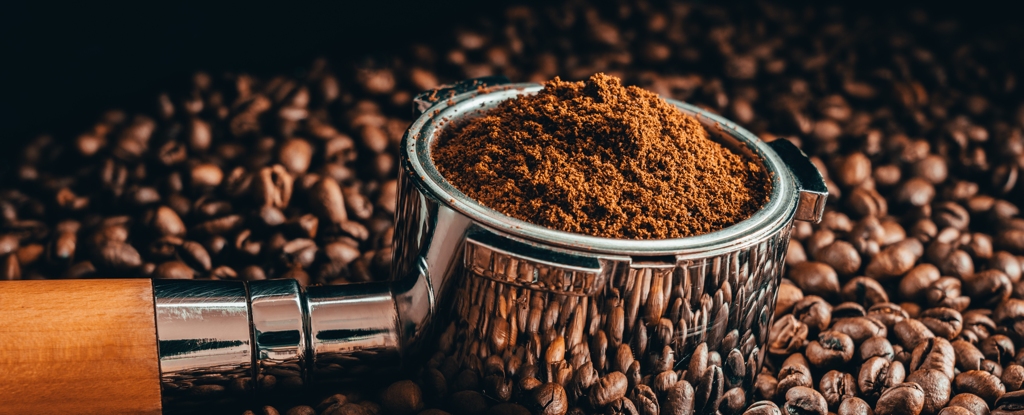





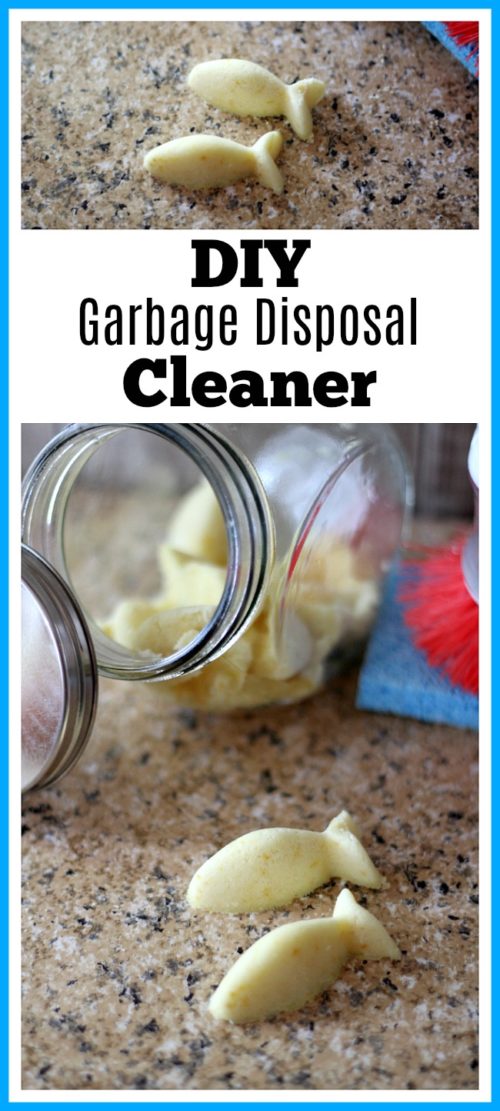





:max_bytes(150000):strip_icc()/what-not-to-put-in-a-garbage-disposal-2718870-02-9d5e5ab0aab4427bbfaa41c3134a76c5.jpg)


